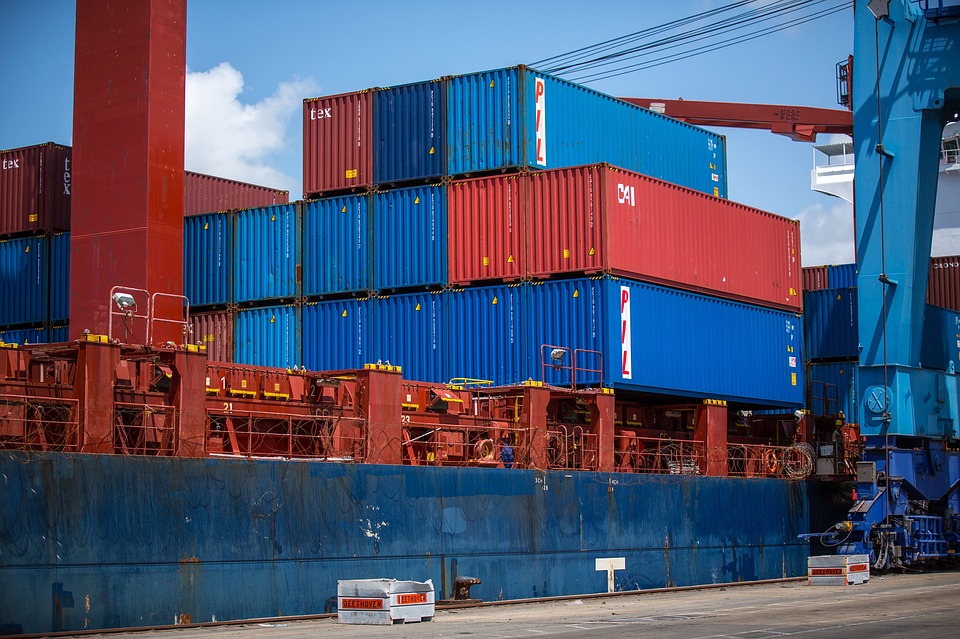Collapse of WTO Appellate Body: BusinessEurope Council of Presidents calls for urgent action
Today, BusinessEurope, the umbrella organisation for the leading national business and employers’ federations of 35 European countries calls for urgent action to save the WTO Appellate Body. In Zagreb, BusinessEurope’s Council of Presidents of national member federations met and sent a strong warning, speaking on behalf of around 20 million small, medium and large companies throughout Europe.
Today, BusinessEurope, the umbrella organisation for the leading national business and employers’ federations of 35 European countries calls for urgent action to save the WTO Appellate Body. In Zagreb, BusinessEurope’s Council of Presidents of national member federations met and sent a strong warning, speaking on behalf of around 20 million small, medium and large companies throughout Europe.
BusinessEurope President Pierre Gattaz said:
“We see rising protectionism and unilateralism as serious threats to sustainable economic growth. The World Trade Organisation (WTO) has been ensuring, since its creation in 1995, that countries around the world respect the rules of the game.
Countries were able to settle disputes in an orderly way through the WTO independent dispute settlement system that includes an Appellate Body. The Appellate Body will be paralysed by next week, leaving the whole dispute settlement system in the verge of collapse in a moment when trade disputes are increasing.
“The current system has provided massive benefits to business and consumers and is an essential element of the WTO. It is not perfect and needs substantial reform, but instead of destroying what we have, we need to agree on improving it. Behind every trade dispute there are companies that rely on clear, stable and enforceable rules. Therefore, we ask all WTO members to act responsibly and find a solution that can prevent the law of the jungle in international trade.
Until an agreement in the WTO is reached, countries should also look at alternative dispute settlement solutions, as the European Commission is currently proposing”.





